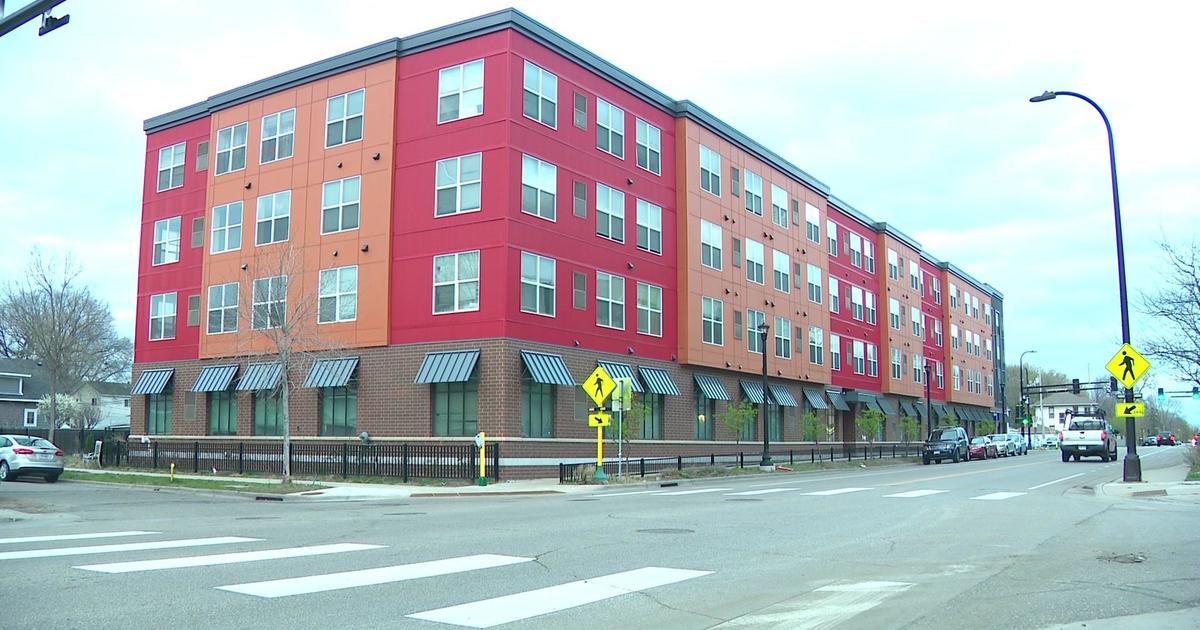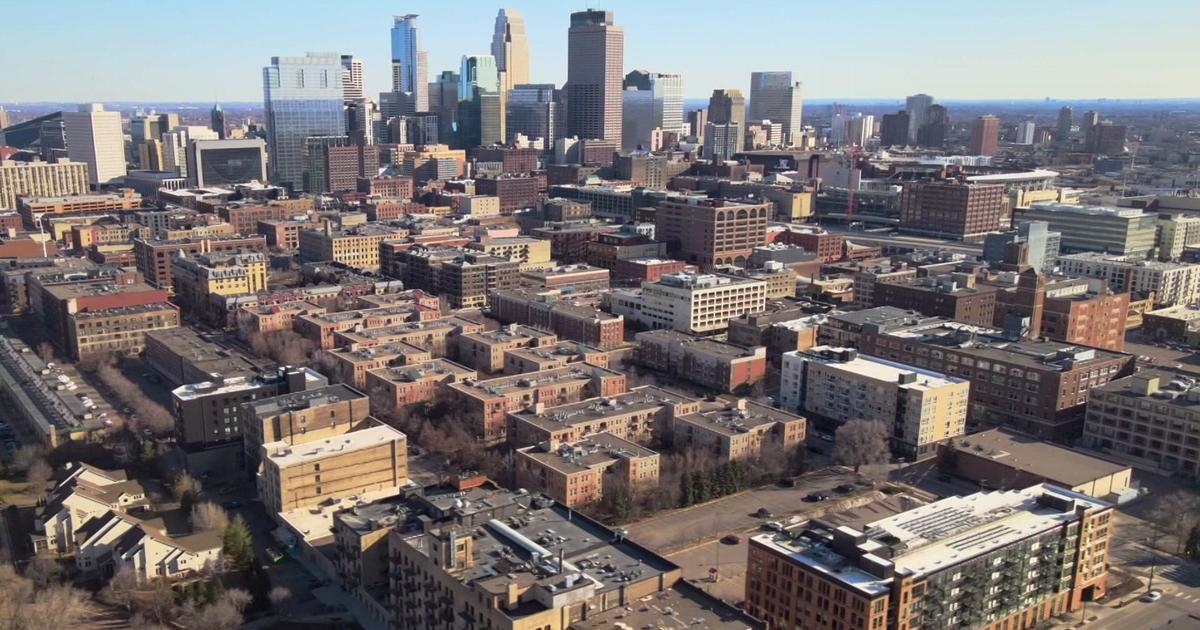What Happens To Credit Accounts When Stores Like Herberger's Close?
MINNEAPOLIS (WCCO) -- On Tuesday, the parent company of Herberger's announced it would be liquidating and closing all of its stores.
The Bon-Ton Stores, which operate 260 department stores in the U.S., are bankrupt and expected to go out of business within the next few months.
So, that has Roberta from Cottage Grove and Shari from Apple Valley wondering: What happens to credit accounts if a store closes?
"We have not received an update on the credit cards," says Tim Ragones, a spokesman for The Bon-Ton Stores on Wednesday. "We expect it to roll out in the next few days."
But customers can point to recent bankruptcies like Toys R Us to see what's happened in the past.
According to Matt Schultz of creditcards.com, there's a good chance the credit card issuer will eventually close the card.
Comenity Bank, the bank that issues the Bon-Ton Stores credit card, said in a statement Wednesday: "As the bank managing the credit card, we are committed to communicating openly and clearly to cardmembers during the process. Cardmembers with questions should feel free to reach out to Comenity directly for information."
Even in the stores and cards that eventually closed, any customer with a debt on a store card is still on the hook for any debt incurred.
"The debt is still there and it will have to be paid," said Dan Park, a certified financial counselor with Lutheran Social Services.
Park points out that closing a credit card can cause a credit score to take a temporary hit.
How much a score drops depends on a number of factors, including: how high a credit score already is, how much available credit is available and whether a person pays off the bills each month.
"If you have lots of accounts, you shouldn't have much impact," Park said.
One big factor in determining a credit score is the credit utilization rate – how much debt a person has compared to their available credit.
For example, if someone owes $3000 but has $10,000 in available credit, their rate is 30-percent. But if a card closes and a person loses some of their available credit, that rate can jump.
A higher credit utilization rate means a lower credit score.
"It's kind of a knee-jerk reaction," Park said. "It can bounce back, but it depends on making sure you keep up on the payment with all the credit cards you have."
In some cases, closing a department store does not necessarily mean the closure of all that store's credit accounts. That's the reason why FICO, the company that measures credit scores, does not recommend proactively closing an account due to a store closure.



